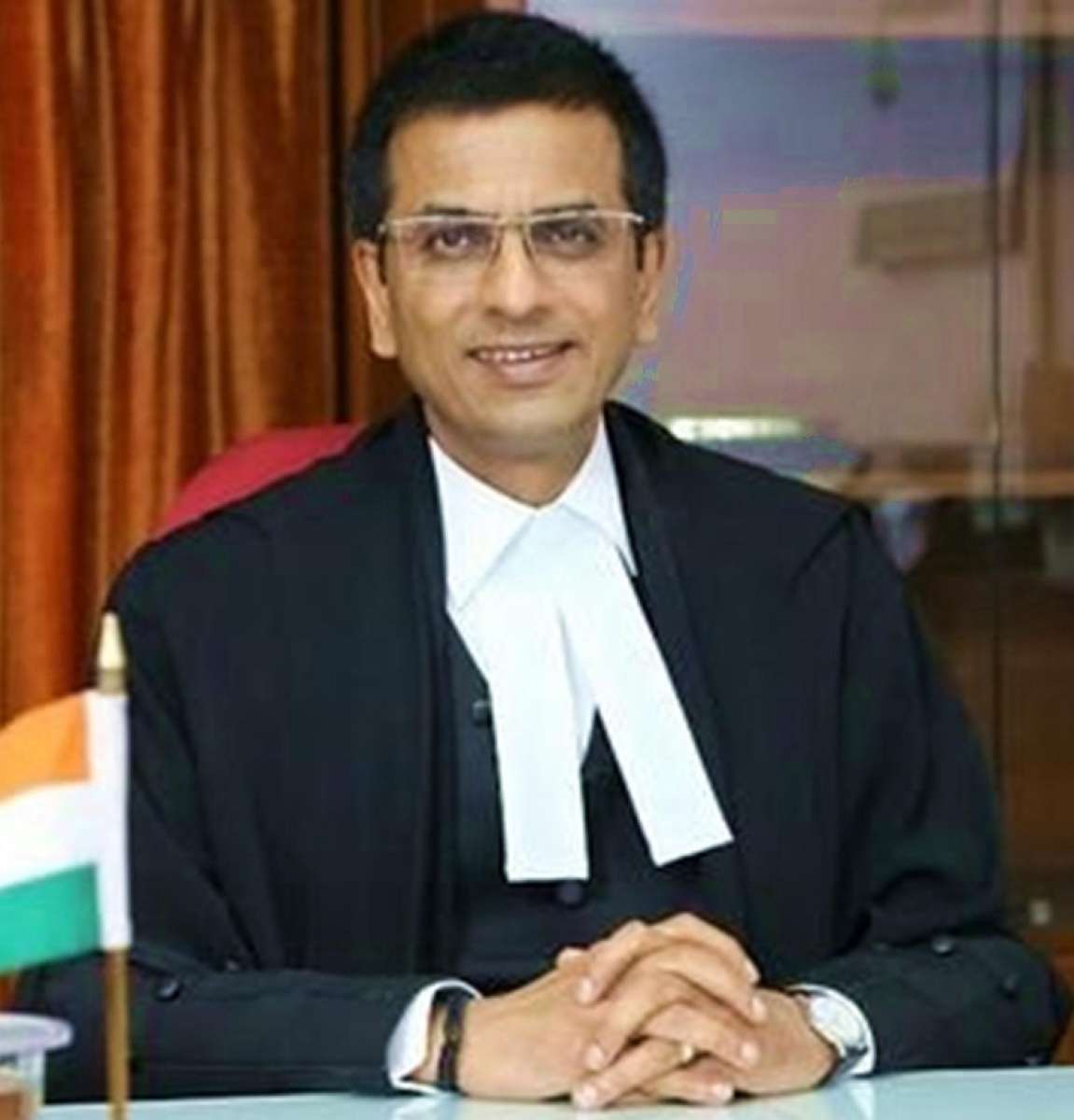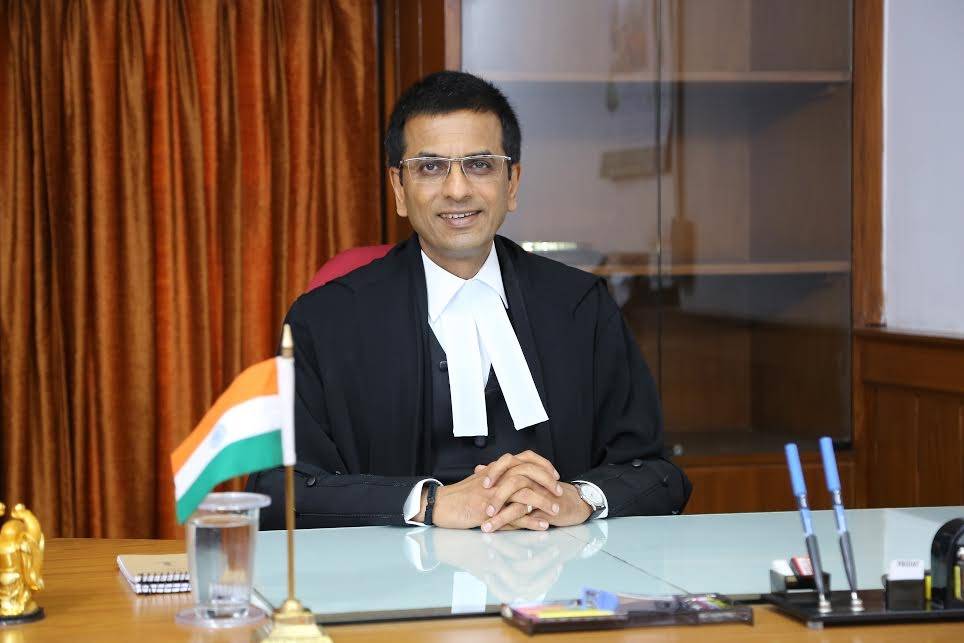Justice Chandrachud obtained a PhD from Harvard Law School and is known as a non-conformist judge…reports Asian Lite News
Chief Justice of India U.U. Lalit, who will retire on November 8, on Tuesday named Justice D.Y. Chandrachud, the senior-most judge in the Supreme Court, as his successor.
After the Centre clears his name, justice Chandrachud would become the 50th CJI. Chief Justice Lalit, in presence of all Supreme Court judges, handed over the letter of recommendation to Justice Chandrachud. He will retire on November 10, 2024.
Justice Chandrachud is son of former Supreme Court judge Y.V. Chandrachud who was the longest serving CJI for being in office for about seven years and four months between 1978 to 1985. During his tenure, Justice D.Y. Chandrachud overturned two judgments of his father – which were related to adultery and the right to privacy.
Justice Chandrachud obtained a PhD from Harvard Law School and is known as a non-conformist judge. He has played a key role in introducing virtual hearings during the Covid time, which has now become a permanent feature. He has been part of the landmark judgments on Ayodhya title dispute, decriminalisation of homosexuality, adultery, privacy, entry of women into Sabarimala etc.
On September 29, a bench headed by Justice Chandrachud said that all women — including the unmarried — are entitled to safe and legal abortion, and also the meaning of rape must be understood as including marital rape, solely for the purposes of the Medical Termination of Pregnancy (MTP) Act and any rules and regulations framed thereunder. Married women may also form part of the class of survivors of sexual assault or rape, added the bench.
Justice Chandrachud practised in Bombay High Court and the Supreme Court. He passed BA with honours in economics from St Stephen’s College, New Delhi and completed LLB from Campus Law Centre, Delhi University. He also served as Additional Solicitor General of India from 1998 till 2000. He was first appointed as judge of the Bombay High Court on March 29, 2000.
He has also served as Chief Justice of the Allahabad High Court since October 31, 2013 until his elevation as an apex court judge on May 13, 2016.
Justice Chandrachud has been a visiting Professor of Comparative Constitutional Law at the University of Mumbai and at Oklahoma University School of Law, US. In June 1998, he was designated as senior advocate by the Bombay High Court.
The Centre, as per Memorandum of Procedure, asks the outgoing CJI to name the successor, just before a month of retirement. Law Minister Kiren Rijiju, on October 7, sent a letter to the Chief Justice Lalit to make recommendation for appointment of his successor.
ALSO READ-CJI UU Lalit asked to name his successor




